Plato’s Protagoras
Read a Platonic dialogue between Socrates & Protagoras, a celebrated sophist & philosopher.
June 22–June 26, 2026
Washington, DC
In the second week of Political Studies, fellows will consider lessons of statesmanship and founding from two ancient yet profoundly different sources.
The first seminar, led by Dr. Daniel Burns, turns to Xenophon, the Athenian historian, general, and philosopher. As the only first-generation Socratic to achieve unambiguous political successes, Xenophon combined theoretical and practical excellence at a level arguably unsurpassed in the Greek world. Fellows will focus on his classic mirror of princes, The Education of Cyrus, which depicts the peak of political success through a fictionalized biography of the Persian Empire’s legendary founder.
The second seminar, led by Dr. Jacob Howland, examines the foundational Exodus story and its enduring influence on Western political thought. The liberation of slaves and the founding of a people under divine law will be studied not merely as the origin story of an ancient nation but as an archetype of political renewal—a universal and permanent human possibility.
Image: Moses and Aaron before Pharaoh: An Allegory of the Dinteville Family, 1537
Prof. Howland on Homer & the Hebrew Bible
This course is part of our residential Political Studies Program. Fellows participate in morning seminars and meet prominent men and women in public life over afternoon and evening sessions. Up to 32 fellows will be selected.
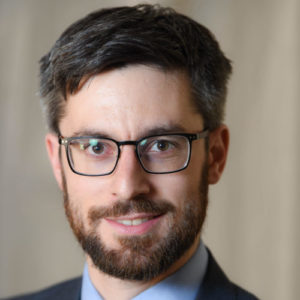
Daniel Burns is Associate Professor of Politics at the University of Dallas. His research in political philosophy focuses on the relation between religion and citizenship. He has recently served as a staffer for the U.S. Congress Joint Economic Committee and as a full-time contractor for the U.S. Department of Health and Human Services.

Daniel Burns is Associate Professor of Politics at the University of Dallas. He has held fellowships at the Catholic University of America and the University of Texas at Austin. He was on academic leave for government service between January and June of 2020, where he advised the U.S. Department of Health and Human Services.
His research in political philosophy focuses on the relation between religion and citizenship. He is currently working on a book called Against Secularism: Religious Identity and Liberal Democracy. He has also written on Al-Farabi, Thomas More, John Locke, Sayyid Qutb, the Strauss-Kojève debate, Joseph Ratzinger, Samuel Huntington, American foreign policy, and the modern Catholic church. He is a member of the Neuer Schülerkreis Joseph Ratzinger/Benedikt XVI., a Germany-based group of scholars dedicated to advancing Ratzinger’s intellectual legacy.
He holds a B.A. in Political Science from Williams College and a Ph.D. in Political Science from Boston College.

Jacob Howland has published five books and roughly 60 scholarly articles and review essays on the thought of Plato, Aristotle, Xenophon, Kierkegaard, the Talmud, the Holocaust, ideological tyranny, and other subjects. His most recent book is Glaucon’s Fate: History, Myth, and Character in Plato’s Republic.

Jacob Howland is the former Provost, Senior Vice President for Academic Affairs, and Dean of Intellectual Foundations at the University of Austin. Previously, he was the McFarlin Professor of Philosophy (emeritus) at the University of Tulsa. His research focuses on ancient Greek philosophy, history, epic, and tragedy; the Hebrew Bible and the Talmud; Kierkegaard; and literary and philosophical responses to the Holocaust and Soviet totalitarianism.
His most recent book is Glaucon’s Fate: History, Myth, and Character in Plato’s Republic. His other books include Plato and the Talmud and Kierkegaard and Socrates: A Study in Philosophy and Faith.
He earned a B.A. from Swarthmore College and a Ph.D. from Penn State.
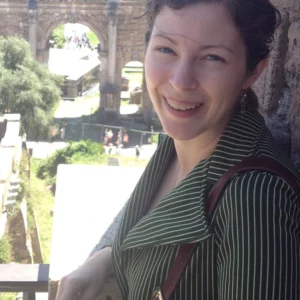
Mary Townsend
Mary Townsend is an associate professor of philosophy at St. John’s University, Queens, NY. Her 2017 book, The Woman Question in Plato’s Republic was named required reading by University of Pennsylvania’s Emily Wilson, translator of Homer’s Iliad and Odyssey, and her academic work on Plato, Beauvoir, and the American abolitionist Julia Ward Howe has appeared in Hypatia, Polis, and Social Philosophy Today.
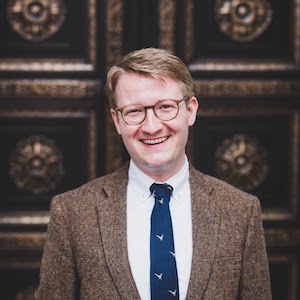
Christopher Utter
Christopher Utter is Associate Director of the Lincoln Scholars program and term professorial lecturer in the Department of Government in the School of Public Affairs at American University. He regularly teaches courses in the Lincoln Scholars program as well as upper level political theory courses. His research focuses mainly on classical political philosophy with a particular interest in the problem of theory and practice in Plato and Aristotle.
Meredith Potter
Meredith Potter is the Executive Director of the American Security Fund. Previously, she held positions at the U.S. Department of State, Atlantic Council, U.S. International Development Finance Corporation, and served as Director of Research & Policy for Dr. Henry Kissinger. She is a Term Member of the Council on Foreign Relations and a double graduate of Yale University (BA, MA), where she completed the Brady-Johnson Program in Grand Strategy and wrote her thesis under the advisement of General Stanley McChrystal.

Samuel Garrett Zeitlin
Samuel Zeitlin is Lecturer in Modern Intellectual History at University College London, specializing in political thought, international relations, and the history of philosophy.

Diana Schaub
Diana Schaub is a nonresident senior fellow at the American Enterprise Institute (AEI), where her work is focused on American political thought and history, particularly Abraham Lincoln, Frederick Douglass, African American political thought, Montesquieu, and the relevance of core American ideals to contemporary challenges and debates. Concurrently, she is Professor Emerita of Political Science at Loyola University Maryland, where she taught for almost three decades.
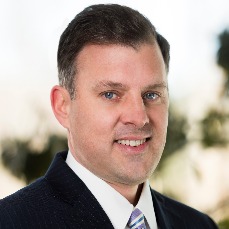
Flagg Taylor
Flagg Taylor is the Executive Director of the Center for Civics, Culture, & Society, at Miami University. His research specialty is in the history of political thought and American government, especially the question of executive power. He is Chair of the Academic Council of the Victims of Communism Memorial Foundation.

Vickie Sullivan
Vickie Sullivan is the Cornelia M. Jackson Professor of Political Science and teaches and studies political thought and philosophy. She also maintains teaching and research interests in politics and literature. She has published extensively on Montesquieu and Machiavelli and is the co-editor of Shakespeare’s Political Pageant.
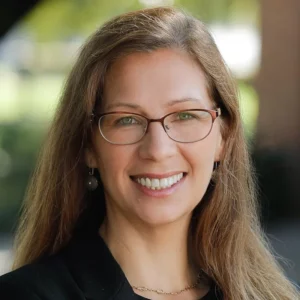
Jenna Silber Storey
Jenna Silber Storey is a senior fellow in the Social, Cultural, and Constitutional Studies department at the American Enterprise Institute (AEI), and co-director of AEI’s Center for the Future of the American University. She is concurrently an SNF Agora Fellow at Johns Hopkins University, and a research fellow at the Civitas Institute at the University of Texas at Austin. She also serves on the executive committee of the Alliance for Civics in the Academy.